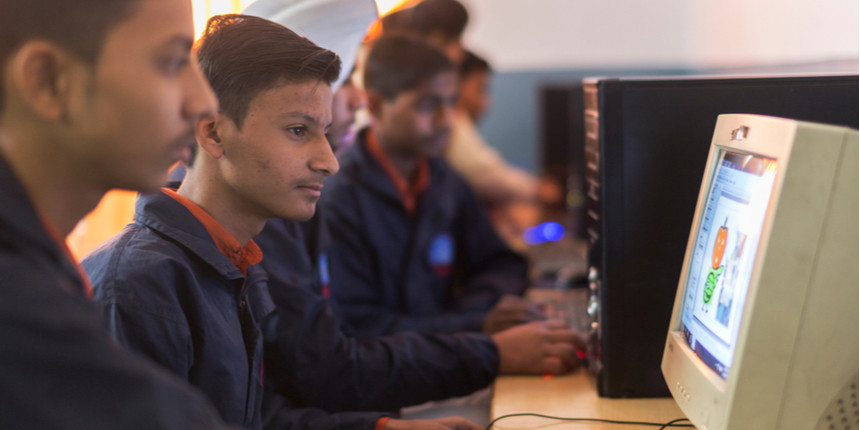One education policy for all states not viable, says expert
Press Trust of India | August 17, 2020 | 11:25 AM IST | 2 mins read

NEW DELHI: Thrusting one education system on all students across states, irrespective of their socio-economic status, is not a viable idea, one of the panelists of a six-member committee, formed by the West Bengal government to study and share views on the new education policy, said.
The committee member, who did not wish to be named, also said that a "voluminous report" has been prepared, after carefully considering all aspects of the policy, and it will be submitted to the state government in a couple of days.
"We have almost readied the report, which will be submitted to the government in a couple of days. I am of the view that in a country of 130 crore population, you cannot thrust a uniform education policy on all states, regardless of their needs and economic status. What can be applicable in Manipur may not make sense in Bengal," the committee member said.
'Lack of clarity'
Certain facets of the New Education Policy (NEP 2020), such as redesigning of Class 10 board exams and reforms in primary school, "lack clarity", the committee member said, insisting that the Centre should have taken the states into confidence before giving its approval.
"The prevailing education policy where each state has its own board to conduct exams up to the tenth standard cannot be altogether replaced by a new policy without any alternative mechanism in place. These things might not have been considered before ratification of the policy. I have pointed that out in the report," the committee member told PTI.
He claimed that the panel had a difficult time understanding the implications of certain recommendations made for the country's higher education system, and maintained that the "reason for abolishment of MPhil for research scholars was not very clear". "This policy opens doors for foreign universities to set up base in the country. That is also not a welcome move as we already have top-class higher educational institutions in the country," the committee member said.
NEP 2020
According to NEP 2020, students will have to undertake school examinations in grades 3, 5 and 8, which will be conducted by appropriate authority. Board exams for Grades 10 and 12 will be redesigned, the NEP 2020 document said.
The policy has also advocated a "broad-based, multi- disciplinary, holistic undergraduate education with flexible curricula, creative combinations of subjects, integration of vocational education and multiple entry and exit points with appropriate certification".
The state government had earlier this month formed the six-member committee to study and share observations on the new policy, which was approved by the Union Cabinet in July.
Among others, Jadavpur University Vice-Chancellor Suranjan Das, retired professor and TMC MP Sougata Roy, educationist Pabitra Sarkar, and oncologist Nrisingha Prasad Bhaduri are members of the committee.
State education minister Partha Chatterjee had two weeks ago slammed the policy, calling it a "copy of the system prevalent in western countries". Mr Chatterjee had also said that the TMC government would convey its opinion on the policy to the Centre after the six-member team submits its report.
Also read:
- Manish Sisodia interacts with new school management committees
- COVID-19: Will not open schools in Delhi unless fully convinced, says Kejriwal
Write to us at news@careers360.com.
Follow us for the latest education news on colleges and universities, admission, courses, exams, research, education policies, study abroad and more..
To get in touch, write to us at news@careers360.com.